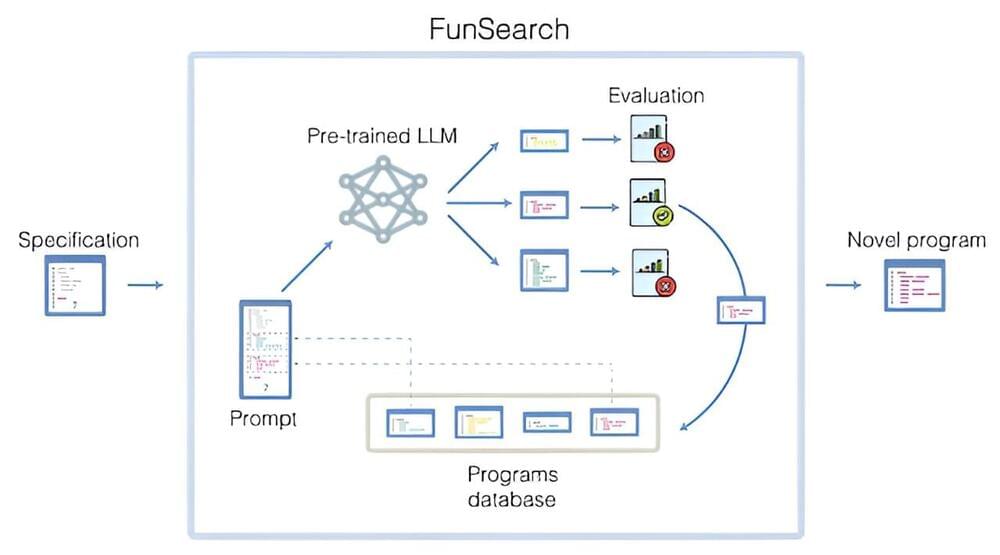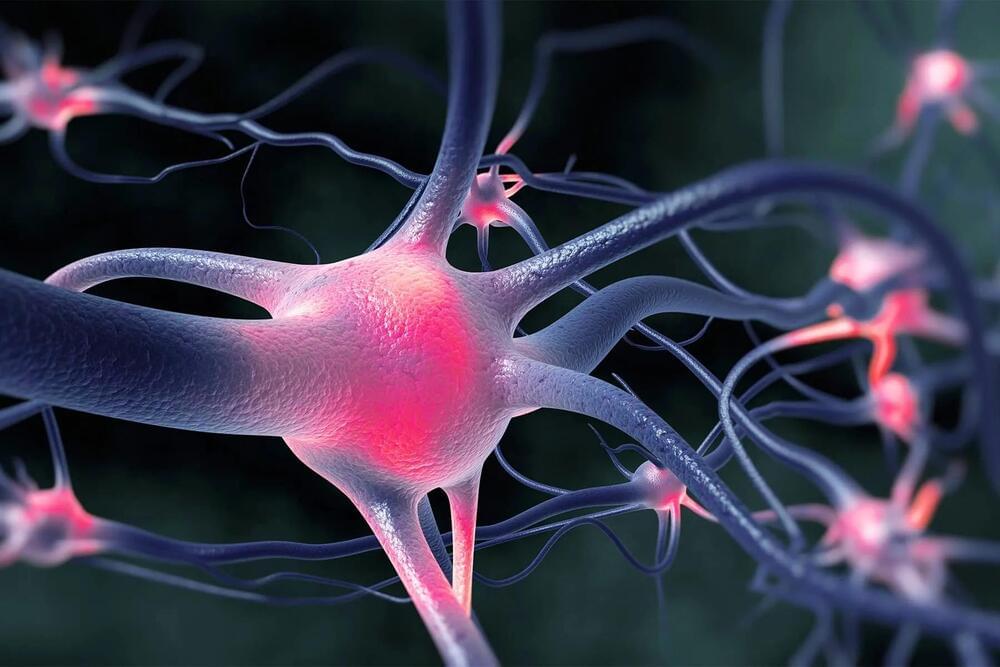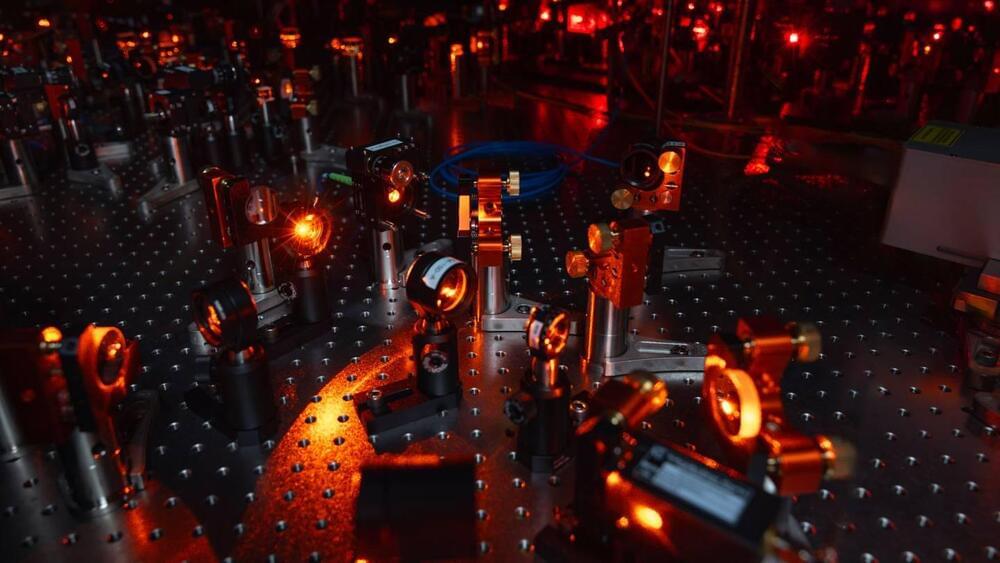Occam’s razor—the principle that when faced with competing explanations, we should choose the simplest that fits the facts—is not just a tool of science. Occam’s razor is science, insists a renowned molecular geneticist from the University of Surrey.
In a paper published in the Annals of the New York Academy of Sciences, Professor Johnjoe McFadden argues Occam’s razor—attributed to the Surrey-born Franciscan friar William of Occam (1285–1347)—is the only feature that differentiates science from superstition, pseudoscience or fake news.
Professor McFadden said, “What is science? The rise of issues such as vaccine hesitancy, climate skepticism, alternative medicine, and mysticism reveals significant levels of distrust or misunderstanding of science among the general public. The ongoing COVID inquiry also highlights how scientific ignorance extends into the heart of government. Part of the problem is that most people, even most scientists, have no clear idea of what science is actually about.”









